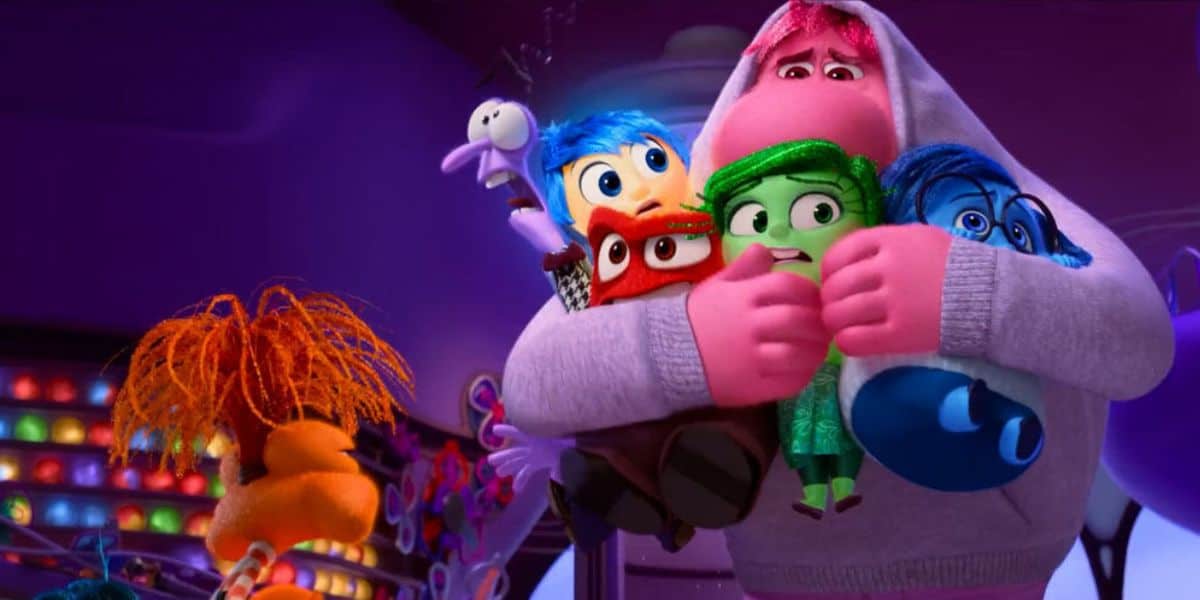It’s been the whisper floating through fan forums and convention hallways: Disney might finally be shifting away from the “woke” approach that’s dominated many of its projects over the last few years.
If recent moves are any indication, the company could be ready to recalibrate—and one significant settlement involving a former Star Wars star has only fueled that speculation.
While Disney hasn’t issued a press release saying, “We’re done with woke,” the signals are getting harder to ignore. From controversial creative choices to the quiet resolution of one of the most politically charged lawsuits in its history, the pieces are lining up in a way that has fans talking—and many are welcoming the change.

The String of “Woke” Decisions That Sparked Backlash
It’s no secret that Disney has leaned heavily into representation and politically charged themes in recent years.
- The Marvel series Agatha All Along (2024) leaned into its LGBTQ+ representation with openly queer characters and plotlines.
- Snow White (2025) ditched much of the traditional fairy tale framework in favor of updated messaging, and it quickly became a lightning rod for criticism.

- When it came to Star Wars, The Acolyte was hailed in some circles for its progressive casting choices and feminist narrative—but it also drew heat from viewers who felt the series prioritized political and social messaging over the kind of galaxy-spanning adventure that made the franchise famous.
- Even Disney’s animated films weren’t immune. Strange World (2022) centered its story around a gay teenage romance—a first for Disney Animation—and Lightyear (2022) included a same-sex kiss that became one of the movie’s most discussed moments. While some celebrated these inclusions, others saw them as overt political statements that risked alienating longtime audiences.
The pattern was clear: Disney wasn’t just telling stories but making social and political commentary. And in the eyes of many fans, those statements came at the expense of the magic.

The Gina Carano Lawsuit
A few moments illustrated the tension between Disney and its more conservative fans, like the firing of Gina Carano from The Mandalorian in 2021. Carano, who played Cara Dune, was removed from the series after a series of social media posts that Disney and Lucasfilm deemed “abhorrent and unacceptable.”
Carano saw it differently. In 2024, she filed a wrongful termination and sex discrimination lawsuit against Disney and Lucasfilm, alleging that she was let go for her conservative political beliefs—while male colleagues who expressed opposing views faced no consequences.
Her legal team claimed she was targeted for not conforming to what she described as a “one-sided political orthodoxy.”
The case was on track for a 2025 trial, which would have brought high-profile witnesses like Lucasfilm President Kathleen Kennedy and Mandalorian creator Jon Favreau to the stand. The stakes were high—not just for Carano but also for Disney’s public image.

The Quiet Resolution
In August 2025, the case came to a surprisingly quiet end. Disney, Lucasfilm, and Carano reached a confidential settlement, ending the lawsuit before it could go to trial.
Carano called the outcome “the best outcome for all parties involved” and thanked Elon Musk for his financial support in pursuing the case. Lucasfilm’s statement, however, caught the most attention:
“With this lawsuit concluded, we look forward to identifying opportunities to work together with Ms. Carano in the near future.”
After years of public animosity, the company suddenly spoke about Carano like a valued collaborator. This felt like a massive shift for fans who had seen her firing as symbolic of Disney’s political overreach.

Signs the “Woke” Era May Be Wrapping Up
The Carano settlement doesn’t exist in a vacuum—it’s part of a broader pattern that suggests Disney should get back to what it does best: telling great stories that appeal to everyone.
Take the recently released live-action Lilo & Stitch (2025). Many worried it would be a “reimagined” version loaded with unnecessary changes, but Disney delivered a faithful, heartfelt retelling that honored the spirit of the 2002 original. Critics and fans alike praised the film for keeping the focus on character, emotion, and story—not political messaging.

It’s not the only sign. Inside Out 2 (2024) proved that story-driven films can dominate the box office without courting political controversy. Even in Star Wars, whispers behind the scenes suggest a renewed focus on classic, adventure-based narratives instead of building every project around ideological statements.
For fans frustrated by Disney’s recent direction, these moves feel like a breath of fresh air. If this truly is the beginning of the end for the “woke” era, it’s being seen by many as a course correction toward the kind of magic that built Disney’s global reputation in the first place.

Why This Shift Matters
The “woke” era divided audiences in a way Disney hasn’t seen in decades. While representation in media can be meaningful, critics argue that Disney crossed a line when it started prioritizing messaging over storytelling. This alienated a core part of its audience that still wants to be entertained without feeling lectured.
By quietly settling the Carano lawsuit and publicly leaving the door open for her return, Disney shows it can reconcile with talent and fans it once distanced itself from. It’s a symbolic gesture that says, “We’re ready to move forward, together.” Fans have their fingers crossed that Disney’s new attitude spreads across all domains and franchises, not just Star Wars.

A Win for Storytelling
The settlement with Gina Carano may not have been front-page news for long, but its implications are still rippling through Disney’s most loyal fanbase. Alongside recent hits that put story first and the release of faithful adaptations like Lilo & Stitch, it’s hard not to see the pattern.
If Disney is closing the book on its “woke” chapter, it’s a win for fans longing for that old magic—movies and shows that bring people together instead of driving them apart. And in a galaxy far, far away, that might be the best plot twist yet.
